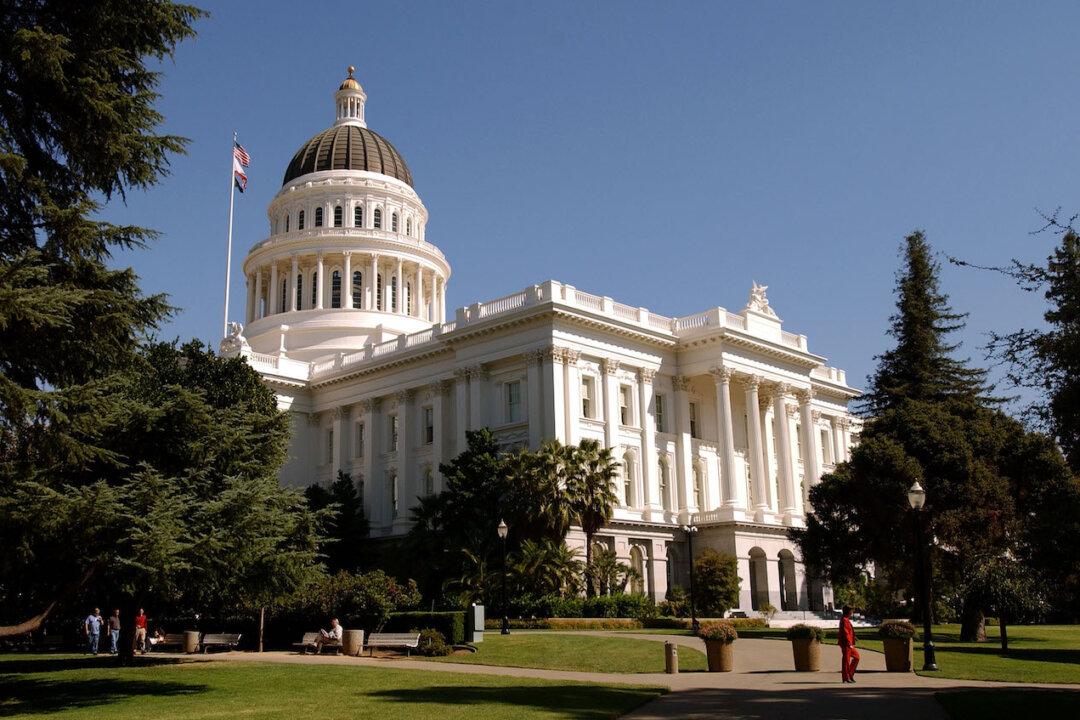Although not as fraught with tension as last year’s 2020 COVID sessions, on Aug. 16, the California state Legislature returns for its hectic last four weeks. Most years, about 1,000 bills are passed, with the governor signing about 700 of them.
The last day bills can be passed is Sept. 10. Although not directly related, the vote on recalling Gov. Gavin Newsom is just four days later, on Sept. 14. All bills must be signed or vetoed by Oct. 10.





